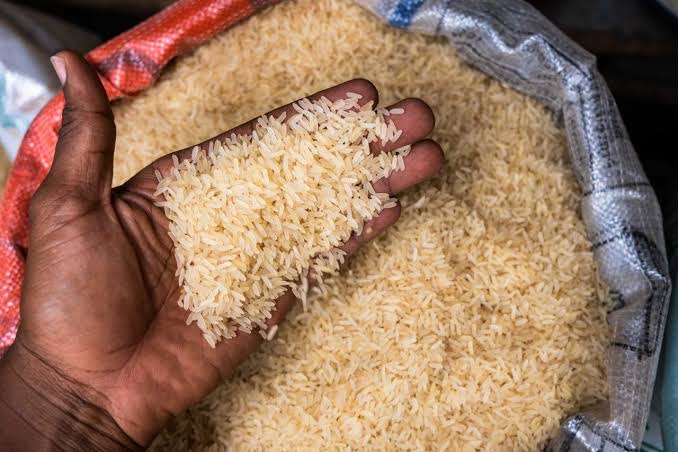The Lagos Chamber of Commerce and Industry (LCCI) has expressed strong dissatisfaction with the Federal Government’s delay in implementing critical policies surrounding rice imports. The chamber highlighted the adverse effects of this delay on the agricultural sector and the economy at large.
In a recent statement, LCCI President, Dr. Michael Olawale-Cole, noted that the prolonged inaction has created significant uncertainty for stakeholders in the rice value chain, including farmers, millers, and traders. According to him, this lack of clarity undermines the government’s drive for food security and self-sufficiency.
“It is unacceptable for such an essential sector to face prolonged delays in policy implementation. This affects not just the livelihoods of those directly involved in rice production but also the stability of the food supply for millions of Nigerians,” Olawale-Cole said.

The LCCI observed that while the government had announced plans to bolster local rice production and reduce import dependency, the absence of a concrete framework has left the sector in limbo. Many stakeholders are reportedly grappling with increased costs, logistical challenges, and a lack of access to credit facilities to scale up operations.
Nigeria’s rice industry has faced numerous challenges in recent years, from rising production costs to flooding that has devastated farmlands. Import restrictions, while aimed at encouraging local production, have led to a surge in smuggling activities, further complicating the market dynamics.
The chamber also criticized the inconsistent communication from policymakers, emphasizing that clear and timely directives are essential to maintain confidence in government initiatives. The LCCI urged the Federal Government to expedite the implementation of its rice import policy, ensuring that it is aligned with the broader goals of promoting local production and stabilizing food prices.
Experts agree that resolving the policy delays could provide much-needed relief to the sector. They also warn that continued inaction risks further exacerbating inflation and food scarcity, both of which directly impact Nigeria’s most vulnerable populations.
The LCCI concluded its statement by reiterating its commitment to supporting policies that drive sustainable economic growth and called on the government to engage with industry stakeholders to address their concerns.
As Nigerians await decisive action, the spotlight remains on the Federal Government to fulfill its promises and deliver solutions that will stabilize the rice market and ensure food security for the nation.
Support InfoStride News' Credible Journalism: Only credible journalism can guarantee a fair, accountable and transparent society, including democracy and government. It involves a lot of efforts and money. We need your support. Click here to Donate
